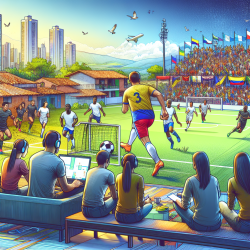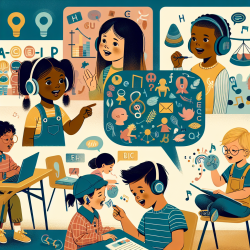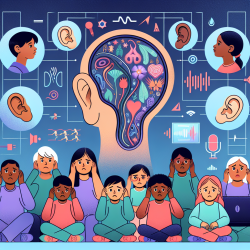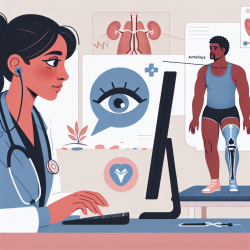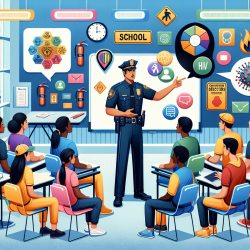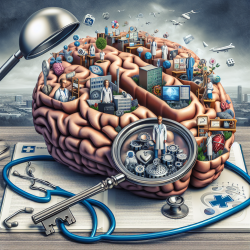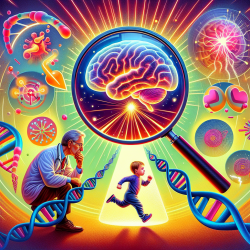Empowering Change Through Sport: Lessons from Colombia
In the realm of education and development, the role of sport extends beyond physical activity; it serves as a catalyst for change, empowerment, and peace. The research article "How sport changed my life? Description of the perceived effects of the experiences of young Colombians throughout a sport for development and peace program" offers profound insights into the transformative power of sport in the lives of young Colombians. This study highlights the potential of sport as a tool for development and peace, particularly in regions like Latin America and the Caribbean (LAC), where socio-economic challenges are prevalent.
Understanding the Impact
The research conducted by Gadais et al. (2023) explores the experiences of young Colombians who participated in a Sport for Development and Peace (SDP) program. This program, which evolved from a local community sports club to an Olympic-level training initiative, provided participants with opportunities to develop not only athletically but also personally and socially. The program's impact was observed at multiple levels:
- Local Level: Initiated in Ciudad Bolívar, Bogotá, the program engaged youth in structured athletic activities, offering them a positive outlet away from the challenges of their environment.
- Regional Level: The involvement of the Instituto Distrital de Recreación y Deporte (IDRD) expanded the program's reach, providing multidisciplinary support and fostering talent development.
- National Level: At the Ministry of Sports, the program aimed to support athletes in achieving international recognition, while also emphasizing educational and career development.
Key Takeaways for Practitioners
For practitioners in the field of education and development, this research underscores the importance of integrating sport into community programs. Here are some actionable insights:
- Holistic Development: Programs should balance athletic performance with psychosocial support, ensuring that participants receive comprehensive development opportunities.
- Community Engagement: Engage local communities and educational institutions to create a supportive environment that extends beyond the sports field.
- Sustainability: Develop long-term strategies that include educational and career pathways, enabling participants to transition smoothly into post-sport careers.
- Research and Evaluation: Encourage ongoing research and evaluation to assess program impact and refine strategies, ensuring that initiatives remain relevant and effective.
Encouraging Further Research
The study by Gadais et al. (2023) also highlights the need for continued research in the SDP sector, particularly in LAC. Practitioners are encouraged to explore grassroots mobilization and sustainable development initiatives that address specific social concerns. Collaborative efforts between academic institutions, community organizations, and international bodies can enhance the understanding and implementation of SDP programs.
Conclusion
Sport holds immense potential as a tool for development and peace, offering pathways to empowerment, education, and community cohesion. By integrating the lessons from this research into practice, educators and development practitioners can harness the power of sport to drive positive change in communities worldwide.
To read the original research paper, please follow this link: How sport changed my life? Description of the perceived effects of the experiences of young Colombians throughout a sport for development and peace program.
